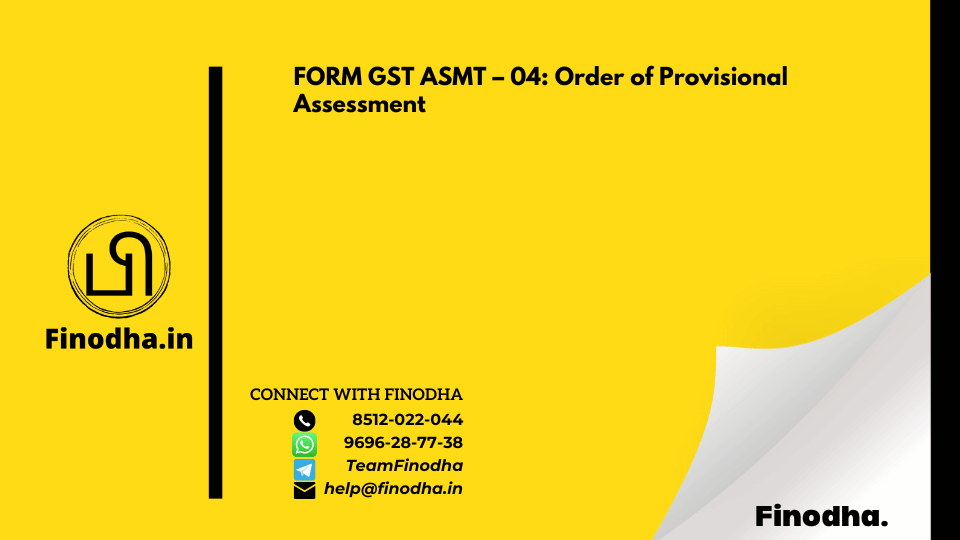Important Keyword: Chapter VI-A, Interest, Section 80E.
Table of Contents
Section 80E: Deduction for Interest on Education Loan
Inflation and rising prices have become persistent challenges recently, affecting even essential services like education. As the demand for education grows, so do the costs, particularly for higher education. Many students choose to study abroad, and their parents often have to take out education loans to fund these studies. However, there is a positive aspect: the Income Tax Department (ITD) provides a deduction for the interest paid on education loans under Section 80E.
Section 80E offers significant financial relief by allowing a deduction on the interest paid on education loans. This provision helps reduce the taxable income, making it easier for families to manage the high costs of higher education. The loan must be taken from a recognized financial or charitable institution to qualify for this benefit.
The deduction applies for a maximum of eight years, starting from the year repayment begins. This extended period can lead to substantial savings, easing the financial burden over time.
Section 80E of the Income Tax Act
Section 80E of the Income Tax Act is a tax-saving provision designed to provide financial relief to individuals who have taken education loans to pursue higher studies. This section allows taxpayers to claim a deduction on the interest paid on these loans, thereby reducing their taxable income and helping manage the costs of education. It is important to note that this deduction applies only to the interest portion of the loan, not the principal amount.
However, under the new tax regime, taxpayers cannot claim the interest on the education loan deduction.
Eligibility Criteria to Claim 80E Deduction
- Individual Claimants: Only individuals can claim the 80E deduction. Hindu Undivided Families (HUF), companies, or partnership firms are not eligible for this deduction.
- Source of Loan: The loan must be taken from a recognized financial institution or an approved charitable institution. Loans taken from relatives or friends do not qualify for this deduction.
- Purpose of Loan: The loan must be for the purpose of pursuing higher education. This includes higher education for oneself or for a relative. Relatives, in this context, include spouses, children, or students for whom the individual is a legal guardian.
- Loan Under Taxpayer’s Name: The loan should be taken in the name of the taxpayer claiming the deduction.
- Repayment: The repayment of the education loan must be made by the taxpayer.
Key Points to Remember
- The deduction is available for a maximum of eight years, starting from the year repayment begins.
- The benefit is limited to the interest paid on the education loan.
- The new tax regime does not allow this deduction.
Section 80E Deduction Limit and Timeframe of Deduction
Section 80E of the Income Tax Act provides a valuable deduction for individuals who have taken loans for higher education. Unlike many other sections, there is no upper limit on the amount that can be claimed under this provision. This means that you can claim the entire interest amount paid on the education loan as a deduction from your taxable income.
However, there are specific conditions to keep in mind. The deduction period is limited to 8 consecutive years starting from the year in which the repayment of the loan begins. For instance, if you start repaying your education loan in a particular financial year, you can claim the deduction on the interest paid for up to 8 subsequent years.
Let’s illustrate this with an example: Suppose Rahul commenced repayment of his education loan in the financial year 2022-23, and the annual interest payable on the loan amounts to INR 1 lakh. If Rahul completes the repayment of the loan over 5 years, he can avail of the deduction under Section 80E for the interest paid on the loan amounting to INR 1 lakh each year during those 5 years.
It’s essential to note that this deduction applies only to the interest portion of the loan repayment and not to the principal amount. Furthermore, the loan must have been taken from a recognized financial institution or approved charitable institution for the higher education of the individual, their spouse, or their children.
ITR Form Applicable
When filing your Income Tax Return (ITR) and claiming deductions under Section 80E for interest paid on education loans, it’s important to choose the correct ITR form based on your income sources. This deduction can be claimed in various ITR forms such as ITR 1, ITR 2, ITR 3, and ITR 4, depending on the complexity and nature of your income.
To support your claim under Section 80E, you’ll need to gather the following documents:
- Loan Certificate: This should be issued by the bank, financial institution, or an approved charitable institution from where you obtained the education loan. The certificate should specify the amount of interest paid during the financial year.
- Interest Certificate: Along with the loan certificate, it’s advisable to have a separate interest certificate detailing the interest paid on the education loan during the financial year. This helps in accurate reporting while filing your ITR.
These documents are crucial as they provide evidence of the interest paid on the education loan, which is necessary for claiming the deduction under Section 80E. Ensuring you have these documents in order will facilitate smooth and accurate filing of your income tax return.
Read More: Section 80EE: Deduction for Interest on Home loan
Web Stories: Section 80EE: Deduction for Interest on Home loan
Official Income Tax Return filing website: https://incometaxindia.gov.in/





0 Comments